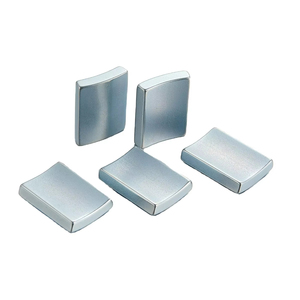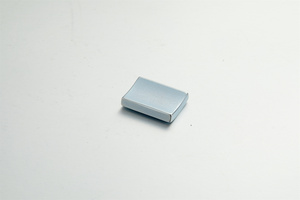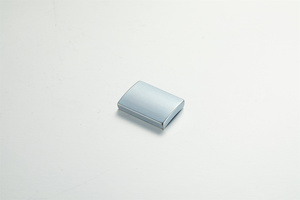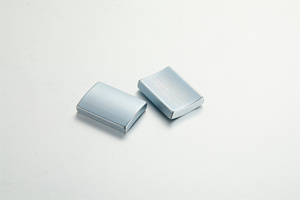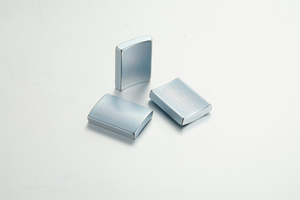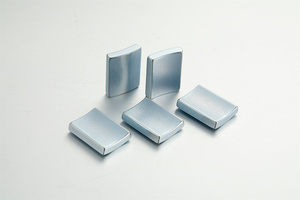Introduction to Non-Corrosive Metals
Non-corrosive metals are materials that resist oxidation and degradation due to environmental factors, ensuring durability and longevity in various applications. These metals play a crucial role in industries ranging from manufacturing to construction, as they offer effective solutions for preventing rust and corrosion. Understanding the unique properties of non-corrosive metals can enhance product integrity and reduce maintenance costs.
Types of Non-Corrosive Metals
- Stainless Steel: This popular alloy of steel contains chromium, which provides outstanding resistance to corrosion and staining. Commonly used in appliances, medical instruments, and architectural structures.
- Aluminum: Lightweight and resistant to corrosion due to the formation of a protective oxide layer. Ideal for automotive, aerospace, and marine applications.
- Titanium: Known for its high strength-to-weight ratio and superior corrosion resistance, titanium is often used in surgical implants, aerospace components, and chemical processing equipment.
- Copper Alloys: Some copper alloys, such as bronze and brass, exhibit excellent corrosion resistance, making them ideal for plumbing and electrical applications.
Applications of Non-Corrosive Metals
- Marine Environments: Non-corrosive metals are essential in shipbuilding and offshore structures, where exposure to salty water and humidity can accelerate corrosion.
- Food Processing Equipment: Stainless steel is preferred for its easy cleaning properties and resistance to bacteria, making it a safe choice for food handling.
- Aerospace and Automotive Industries: The lightweight nature and strength of aluminum and titanium help improve fuel efficiency and performance while combating environmental wear.
- Medical Devices and Equipment: Stainless steels and titanium are frequently used in surgical instruments and implants due to their biocompatibility and corrosion resistance.
Advantages of Non-Corrosive Metals
- Durability: Non-corrosive metals endure harsh environments much longer than traditional materials, reducing the need for frequent replacements.
- Cost-Effective: Although the initial investment may be higher, the long-term savings in maintenance and replacement can be significant.
- Environmental Resistance: These metals withstand various elements, including moisture, chemicals, and extreme temperatures, ensuring their integrity over time.
- Versatility: Non-corrosive metals can be fabricated into a wide range of products suited for numerous industries, making them suitable for diverse applications.
















